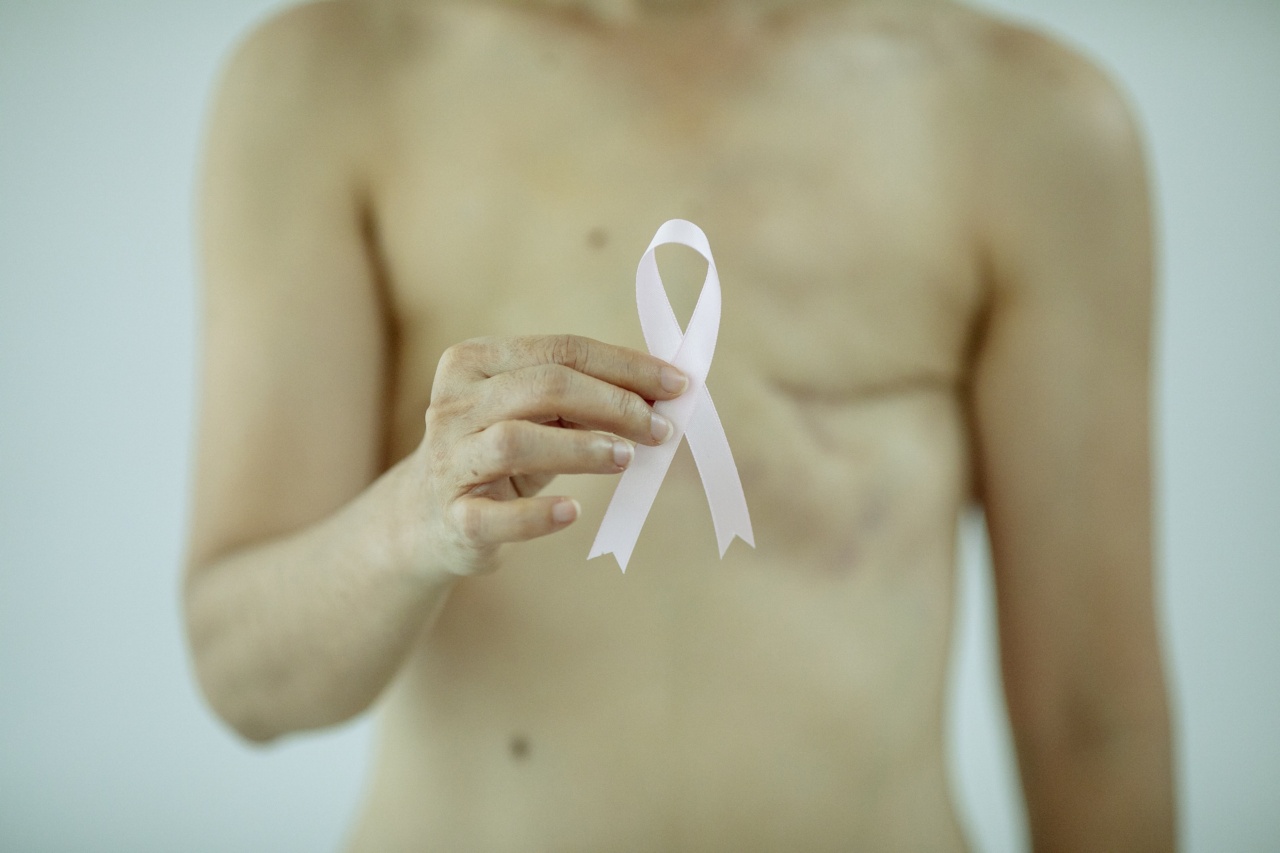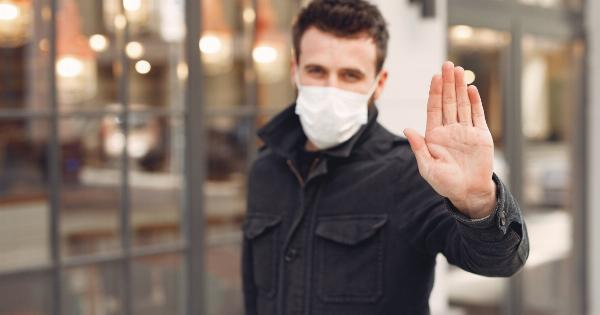Cancer is a global health challenge that affects millions of people every year.
Despite the significant progress made over the years in cancer treatment and research, there are still many barriers that need to be overcome, particularly in developing countries. International efforts have been instrumental in breaking down some of these barriers, making cancer treatment more accessible and affordable for all.
Understanding the Barriers in Cancer Treatment
Access to cancer treatment varies widely across the world, with developing countries often having limited access to essential cancer therapies, such as radiotherapy, chemotherapy, and surgical procedures.
The lack of adequate healthcare infrastructure, including diagnostic equipment, trained personnel, and funding, contributes to the disparities in cancer care.
In addition, traditional beliefs and cultural stigma around cancer can prevent people from seeking help or receiving proper diagnosis and treatment.
International Efforts to Improve Cancer Treatment
International organizations such as the World Health Organization (WHO), the International Atomic Energy Agency (IAEA), and the Union for International Cancer Control (UICC) have taken significant steps to improve cancer treatment worldwide.
WHO’s Cancer Control Initiative
The WHO’s cancer control initiative aims to reduce the cancer burden by promoting prevention, early detection, and treatment. Their mission is to improve access to cancer medicines and technologies while reducing the cost of cancer care.
The initiative also focuses on developing national cancer plans and increasing awareness around cancer prevention and treatment.
IAEA’s Programme of Action for Cancer Therapy
The IAEA’s Programme of Action for Cancer Therapy (PACT) is another international initiative aimed at improving cancer treatment in developing countries.
PACT provides assistance to countries in establishing radiation medicine infrastructure, training personnel, and developing comprehensive cancer control programs.
UICC’s Global Cancer Control Initiative
The UICC’s Global Cancer Control Initiative works towards improving cancer care through advocacy, education, and research.
The initiative aims to ensure that cancer is a global priority and that people affected by cancer have access to the best possible care and support. They provide resources to governments, healthcare providers, and patient organizations worldwide, to improve cancer care infrastructure and delivery of cancer services.
Collaborative Efforts
International efforts to improve cancer treatment are often collaborative, involving government agencies, non-governmental organizations, healthcare providers, and patient advocacy groups.
These initiatives bring together experts from different fields to work towards a common goal, sharing knowledge and resources to improve cancer care worldwide.
The Impact of International Efforts on Cancer Treatment
The impact of international efforts on cancer treatment has been significant, particularly in developing countries where access to cancer treatment was often limited.
The initiatives have helped to establish cancer treatment centers, train personnel, and provide access to essential cancer therapies such as chemotherapy, radiotherapy, and surgery.
A good example of the impact of international efforts on cancer treatment is Rwanda.
Through partnerships with international organizations such as the African Organization for Research and Training in Cancer (AORTIC), the Rwandan government has been able to establish a comprehensive cancer control program. The program includes cancer screening, treatment, and palliative care, with essential cancer therapies such as chemotherapy and radiotherapy now available in the country.
The Future of International Efforts in Cancer Treatment
While progress has been made in improving cancer treatment worldwide, there is still much work to be done. The burden of cancer is increasing globally, with an estimated 21 million new cancer cases expected by 2030.
To meet this challenge, international efforts must continue to focus on improving cancer treatment and research, promoting prevention and early detection, and ensuring access to essential cancer therapies for all.
The Role of Technology in Breaking Down Barriers in Cancer Treatment
Technology has played a significant role in breaking down some of the barriers in cancer treatment, making it more accessible, precise, and affordable.
Telemedicine, for example, has enabled patients in remote and underserved areas to access cancer treatment via virtual consultations with oncologists. Advances in precision medicine have also made it possible to tailor cancer treatments to the specific genetic characteristics of individual patients, increasing the efficacy of treatment while reducing its side effects.
Conclusion
International efforts to improve cancer treatment have made significant strides, breaking down barriers and improving access to essential cancer therapies in developing countries.
Collaborative efforts between government agencies, non-governmental organizations, healthcare providers, and patient advocacy groups have been key in achieving this progress. The role of technology in cancer treatment cannot be underestimated, with telemedicine and precision medicine being significant game-changers in cancer care.
As the burden of cancer continues to increase globally, international efforts must continue to focus on improving cancer treatment and research, promoting prevention and early detection, and ensuring access to essential cancer therapies for all.























